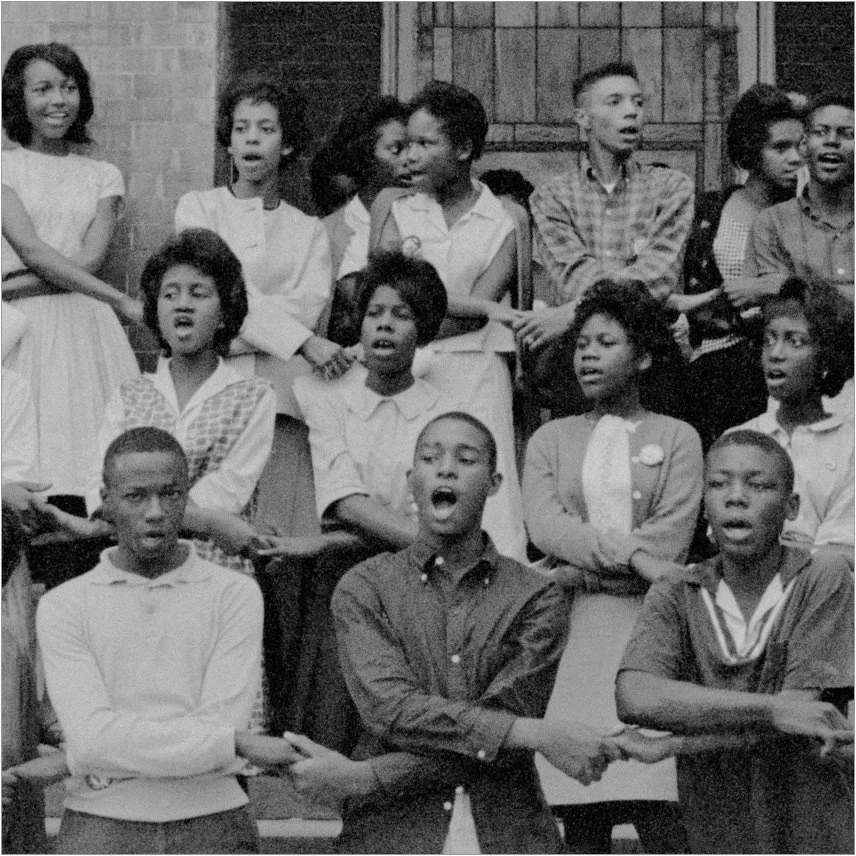Selma Online
The impact of student voices in effecting positive political change cannot be undervalued. Together with the Hutchins Center for African and African American Research and the Southern Poverty Law Center’s Teaching Tolerance program, we created an online platform to let students explore the 1965 voter registration campaign in Selma, Alabama. Equal parts instructive and provocative, Selma Online vividly illustrates the importance of fighting for change, and inspires users to consider their avenues for taking action.
Engaging Students
The impact of student voices in effecting positive political change cannot be undervalued. Together with the Hutchins Center for African and African American Research and the Southern Poverty Law Center’s Teaching Tolerance program, we created an online platform to let students explore the 1965 voter registration campaign in Selma, Alabama. Equal parts instructive and provocative, Selma Online vividly illustrates the importance of fighting for change, and inspires users to consider their avenues for taking action.
In order to inspire students to become involved, we first had to help them understand the impact that they can make. This was our guiding principle in creating Selma Online. By inviting students to explore and understand the history and political activism of the campaign, we aimed to impress upon them the cost and importance of political engagement, both in our nation’s history and today.
Key to the project’s success was the need to make this chapter of history accessible and relatable, and to underscore the importance of continued positive action. Executed correctly, ours would be a tool to aid students’ engagement with the historical and contemporary struggles for voting equality and to guide their active participation in our democracy and in issues promoting social change.
Inspiring Action
Every facet of Selma Online works to trace a clear line from the historical events in question to the contemporary issues of voter rights suppression and the importance of political activism. The platform is strategically designed for intuitive navigation, guiding users through the events leading up to and following Dr. King’s historic march from Selma to Montgomery in March, 1965.
The material is presented through a combination of text and images, as well as clips from the 2014 feature film Selma. It is divided into chapters, each with interactive content and Q&As to prompt recall and active engagement. Throughout, quotes from key figures and student activists invite users to view the events through the lens of personal experience, illustrating the large-scale impact of individual actions.




